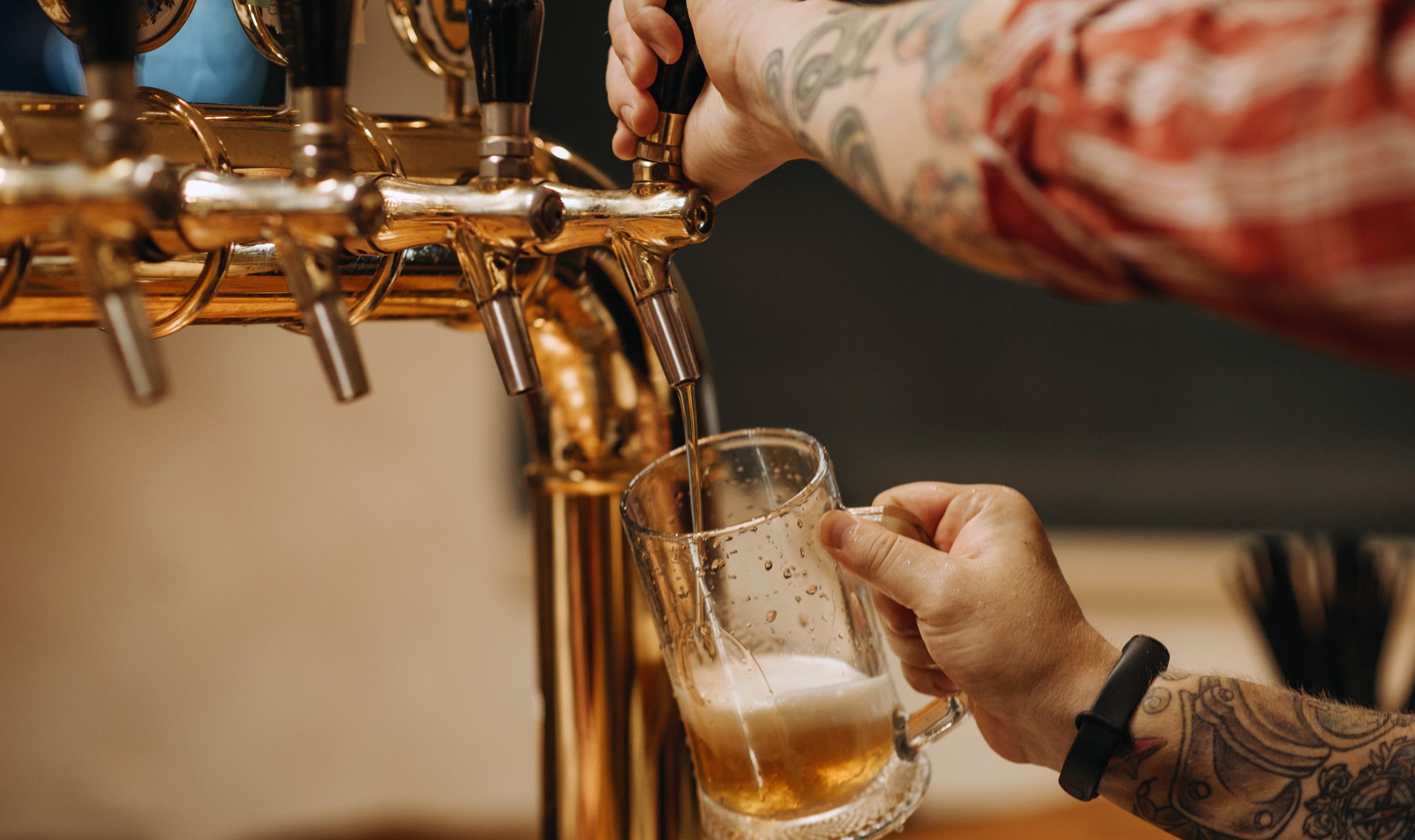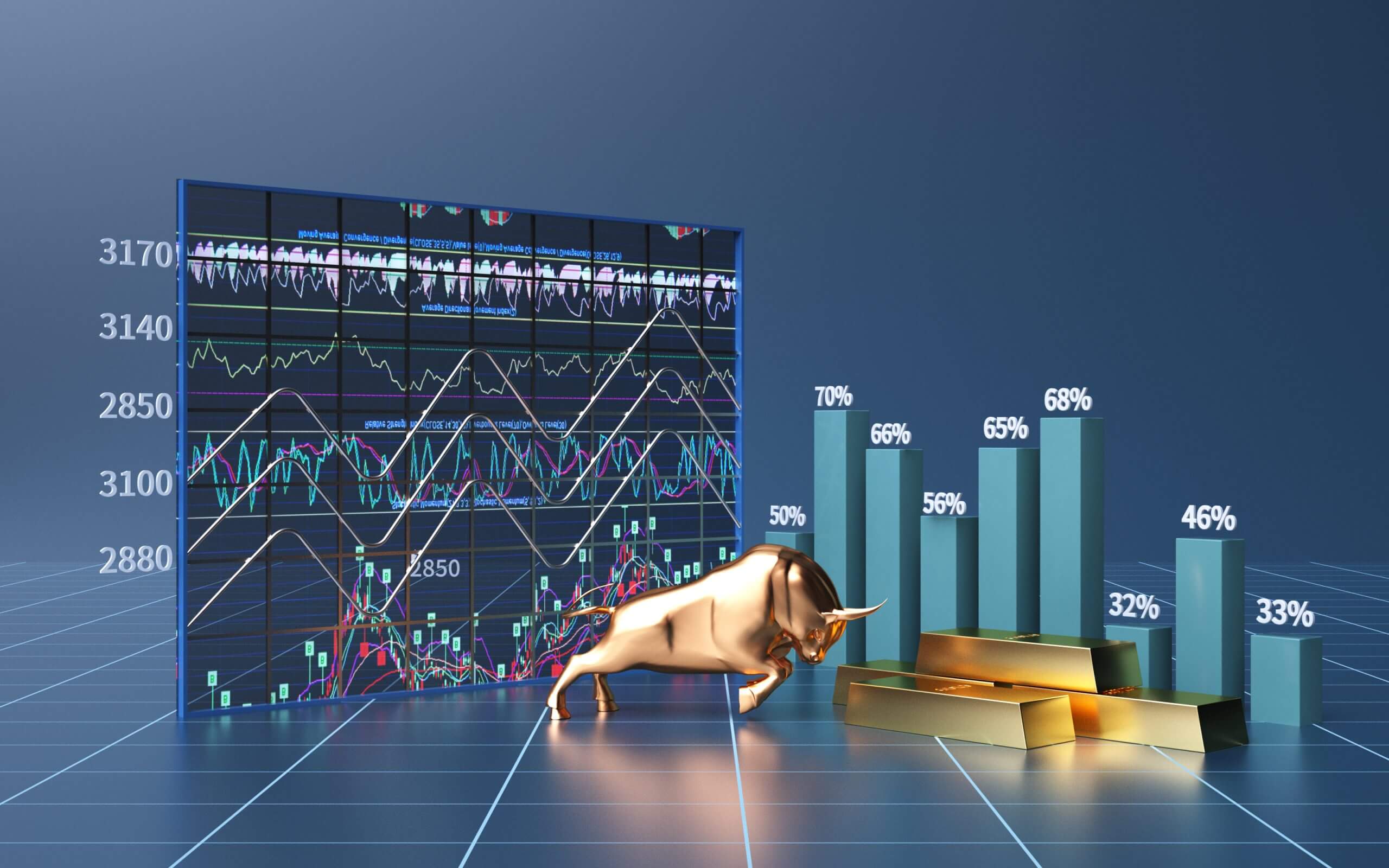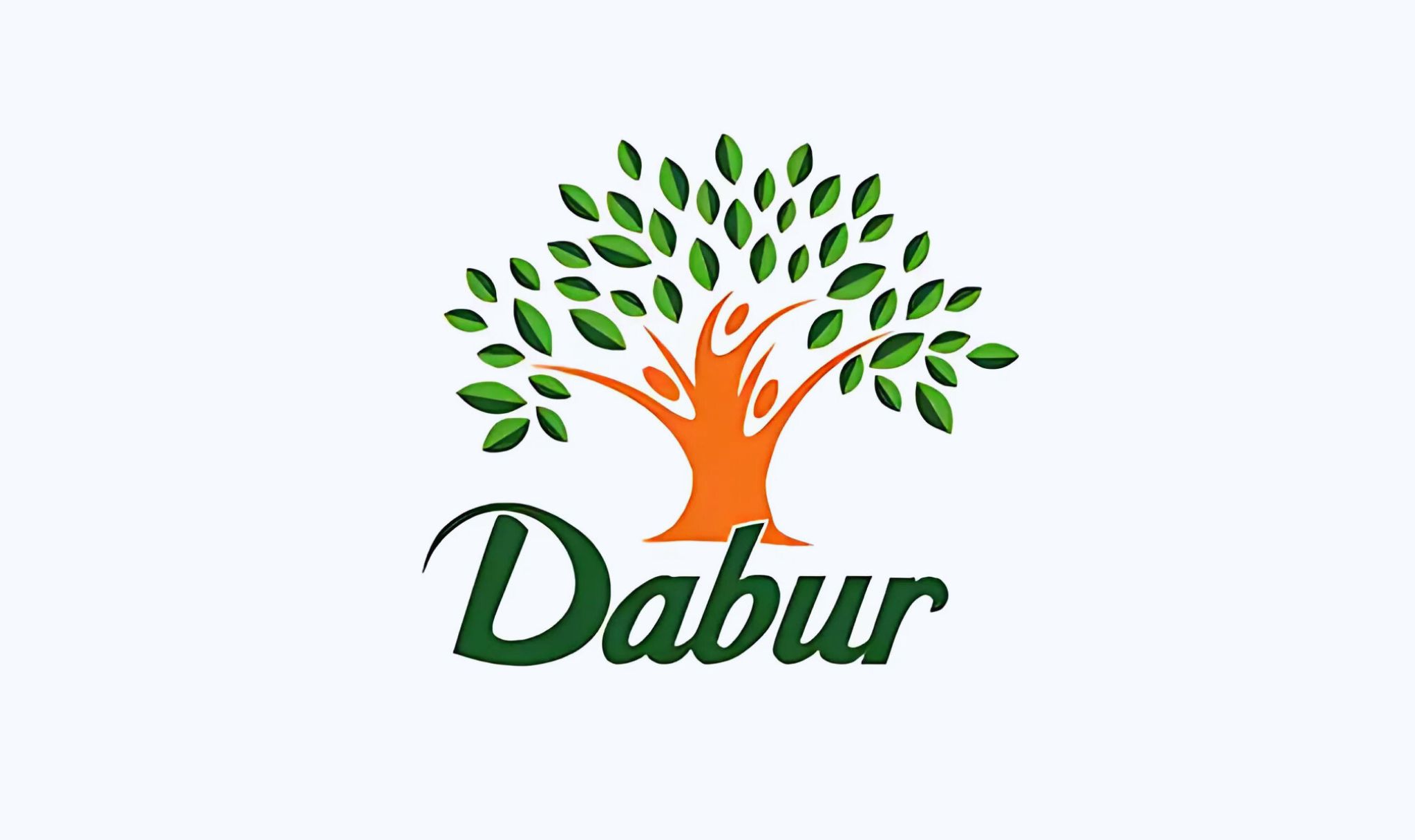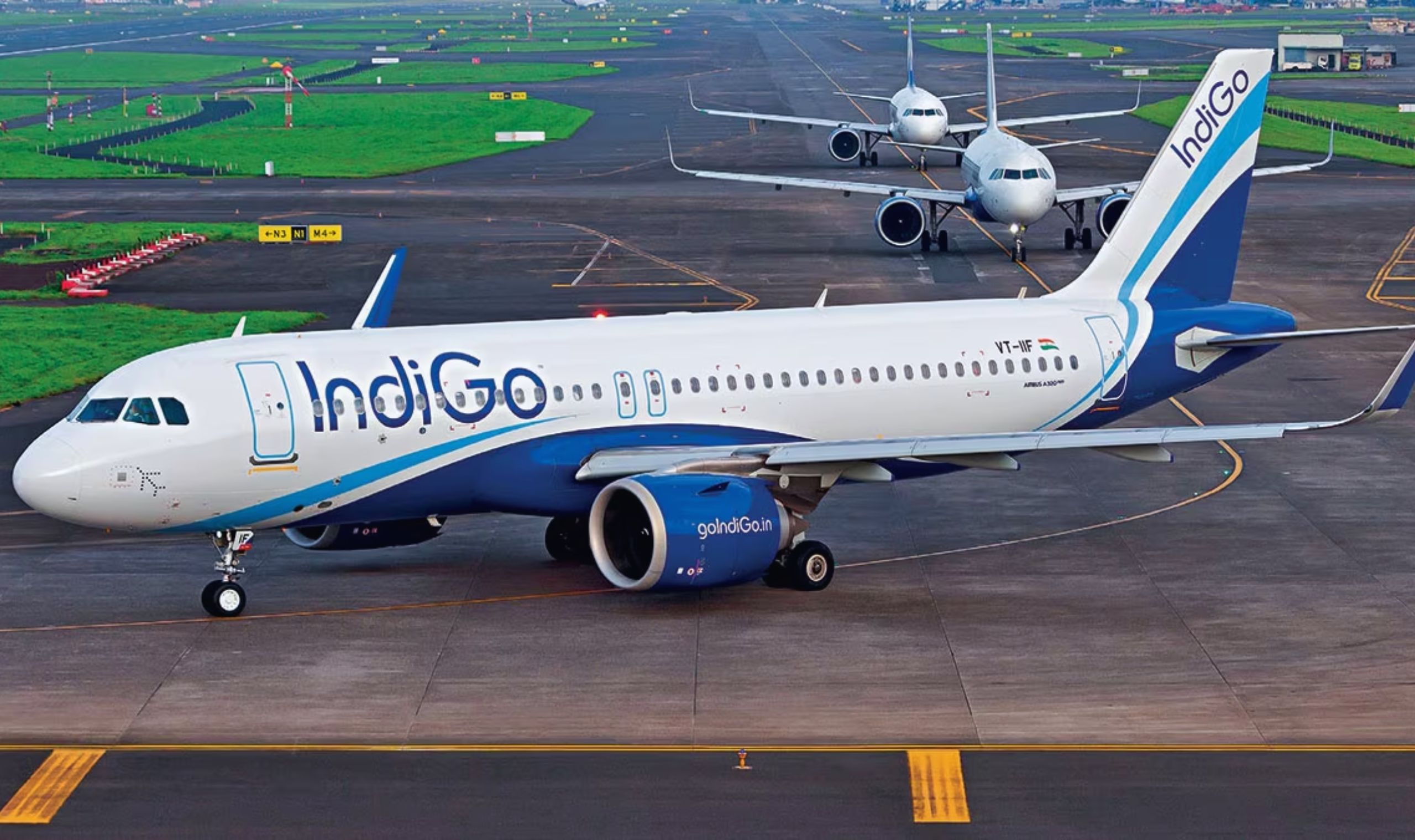In recent developments, the Indian government has lowered tariffs on US bourbon whiskies. This move has had a noticeable effect on the share prices of major liquor companies in India, particularly United Breweries and United Spirits. This shift comes amidst a global debate on trade relations, the alcohol market, and the growing influence of the Indian spirits industry in the global market. In this blog, we will explore the details of the tariff change, its implications for Indian alcohol companies, and the broader impact on the market.
What the New Tariff Change Means for Bourbon Whiskies
The Indian government recently announced a revision in its tariff policy concerning the import of US-made bourbon whiskies. Before this adjustment, the import duties on foreign alcoholic beverages, including whisky, stood at an extremely high rate of 150%. This steep tariff has been a point of contention for many years, especially with global liquor companies such as Diageo and Pernod Ricard, who have been vocal about the adverse impact of these import duties on their businesses in India.
The revised tariff now applies only to US-made bourbon whiskies, a distinct category of whisky that is exclusively produced and aged in the United States. The tariff on bourbon has been halved from 150% to 100%. This means a basic customs duty of 50% is now charged on bourbon, along with an additional 50% levy, resulting in a combined tariff of 100%. While this is still a significant reduction, it remains higher than the tariffs imposed on most other foreign alcoholic beverages, which still retain the 150% tax rate.
The Immediate Market Reaction: Liquor Stocks Drop
The announcement of the tariff change immediately caused a stir in the stock market, particularly affecting the shares of leading Indian liquor companies such as United Breweries and United Spirits. On the morning of the announcement, both companies saw their stock prices drop by as much as 2%, reacting to the perceived negative impact of the tariff cut on their business. This was expected, as both companies have significant stakes in India’s domestic spirits market, and the new tariff change would likely make bourbon more affordable and competitive in the market, potentially leading to a decline in the sales of their products.
1. Shares of United Spirits and United Breweries in the Market:
United Spirits, a subsidiary of the global beverage giant Diageo, saw its share price trading at around Rs 1,353.95, which was lower compared to its previous close.
United Breweries, the Indian arm of Dutch brewing giant Heineken, was also impacted by the news, with its shares trading at Rs 2,040.50, down from its earlier highs.
2. Why the Tariff Change Affects the Liquor Market in India
The change in tariff rates has profound implications for the Indian spirits market. India’s alcohol market, valued at over $35 billion, has long been dominated by local beer and liquor producers, with a growing demand for foreign-made spirits, particularly whisky. The tariff reduction on bourbon whiskies may make these products more accessible to Indian consumers, ultimately affecting the pricing power and market share of local manufacturers like United Breweries and United Spirits.
Bourbon whisky, though still a relatively niche category in India, has been gaining popularity, especially among the urban and young consumer segments. The affordability of US-made bourbon may now push more consumers towards these imported options, which could reduce the sales of domestic whisky brands.
However, it is also important to note that the market for bourbon in India is still small compared to traditional domestic spirits, such as rum, brandy, and whiskey. As a result, the immediate impact of the tariff change on the bottom line of major Indian liquor players may be somewhat limited. Despite this, the shift in tariffs is symbolic of broader trade and economic dynamics that can potentially shape the future of the liquor industry in India.
The Impact of US-India Trade Relations on Liquor Tariffs
This decision comes amid growing tension and discourse between the US and India regarding trade practices. US President Donald Trump has previously criticized India for its high tariffs on US goods, particularly alcoholic beverages, calling them “unfair” to American businesses. Trump has even threatened to impose reciprocal tariffs on countries that impose high duties on US goods, with India being one of the countries on his radar.
These geopolitical tensions have been compounded by Trump’s direct criticism during his meeting with Indian Prime Minister Narendra Modi at the White House. In the wake of these diplomatic discussions, it is possible that this reduction in tariffs on US bourbon could be seen as a response to address the trade imbalance between the two countries. As a result, the tariff reduction is not only a boon for the US liquor industry but also signals a potential shift in the broader relationship between the two economic powerhouses.
The Effect on United Breweries and United Spirits: Analyzing the Stock Market Sentiment
While the immediate reaction to the tariff change has been negative, analysts believe that the impact on United Breweries and United Spirits may not be long-lasting. According to Abneesh Roy, Executive Director of Research at Nuvama Institutional Equities, the recent price hike in Telangana, along with the ongoing dynamics of India’s growing alcohol market, could provide a meaningful upside for United Breweries’ margins in the medium term.
Roy points out that although bourbon still constitutes a small category in India’s vast liquor market, the reduction in duties will attract more consumers to this premium segment, which could be seen as a short-term risk to Indian companies. However, Roy remains optimistic about the long-term potential for the alcoholic beverage sector, particularly if the UK-India Free Trade Agreement (FTA) comes into play. This deal could further benefit Indian liquor companies by opening up opportunities for cheaper imports of foreign products and fostering a better trade environment.
The Role of Government Policy in Shaping the Future of the Liquor Industry
The Indian government’s decision to lower tariffs on US bourbon is indicative of the country’s evolving approach to foreign trade and market liberalization. While the Indian alcohol industry is one of the most regulated sectors, with high excise duties and state-imposed taxes, the market has slowly opened up to international competition over the years. The reduction in import duties on foreign alcoholic beverages, especially bourbon, aligns with broader economic policies that aim to enhance trade relations with global partners.
This shift could lead to the eventual reform of alcohol taxation policies in India, allowing for a more open and competitive market. Such changes may result in a rise in the availability and affordability of premium spirits for Indian consumers, thus creating new growth avenues for global and domestic brands alike.
Looking Forward: The Future of Indian Alcohol Companies Amid Changing Tariffs
Despite the immediate volatility in the stock market triggered by the tariff change, analysts suggest that the long-term outlook for United Breweries and United Spirits remains positive. The companies continue to lead the Indian liquor industry, and their market dominance will likely persist, given the strength of their local brands and their continued investment in the premium spirits segment.
The broader market dynamics, including the potential shift in government policies and evolving consumer tastes, will shape the future trajectory of the industry. For now, while US bourbon whiskies may have a temporary edge in pricing, India’s liquor companies are poised to adapt to these changes and leverage their established brand recognition, distribution networks, and marketing power to remain competitive.
Final Thoughts
While the recent tariff cuts on US bourbon whiskies may have caused short-term jitters among Indian liquor companies, the overarching trend points to a growing openness in India’s alcohol market. With major global players like Diageo and Pernod Ricard vying for a share of the Indian market, the ongoing changes in trade policy, coupled with shifting consumer preferences, will undoubtedly influence the future of the liquor industry in India.
As investors, it’s important to keep a close watch on these developments and stay informed about the policy shifts and market trends that will shape the dynamics of the alcoholic beverage industry. The resilience of Indian liquor companies like United Breweries and United Spirits, combined with the country’s burgeoning middle class and evolving consumption patterns, presents a promising outlook for the future of this sector.















0 Comments